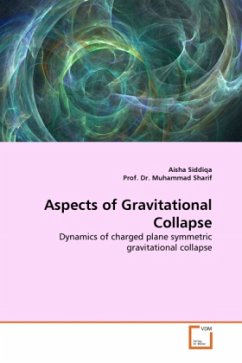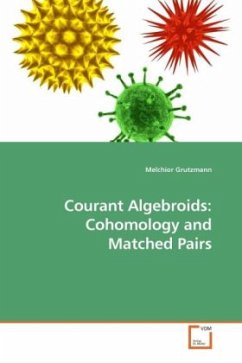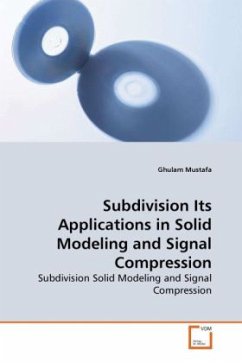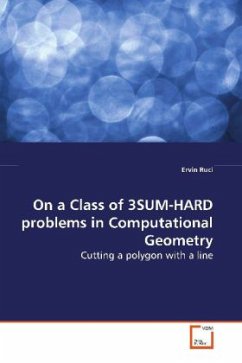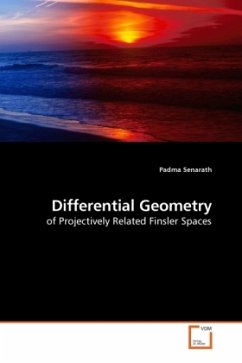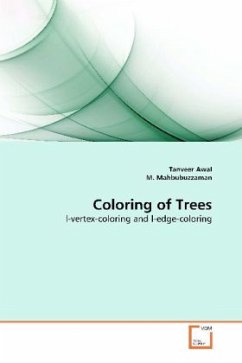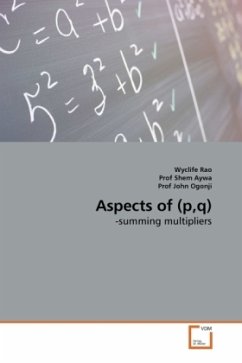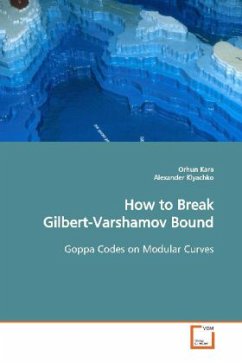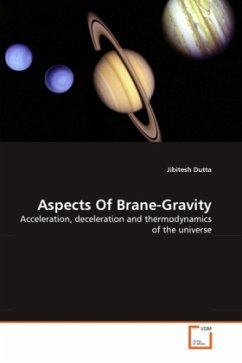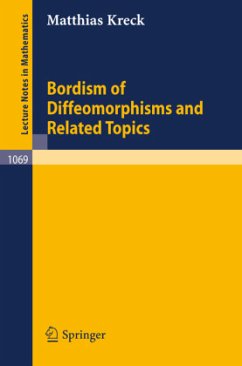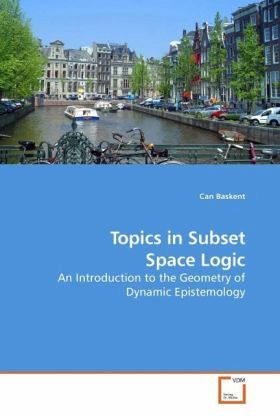
Topics in Subset Space Logic
An Introduction to the Geometry of Dynamic Epistemology
Versandkostenfrei!
Versandfertig in 6-10 Tagen
32,99 €
inkl. MwSt.

PAYBACK Punkte
16 °P sammeln!
In this work, we will first provide a comprehensive outlook of subset space logic in detail to set the basis for our discussions. Then, we will import some simple truth preserving operations and observe that these operations are valid in subset space logic as well. Equipped with all these tools, we will observe that the subset space logic is strong enough to axiomatize the dynamic aspects of knowledge change, in particular, the public announcement logic. We will then provide the full axiomatization of subset space public announcement logic and its then straightforward completeness proof. As lo...
In this work, we will first provide a comprehensive outlook of subset space logic in detail to set the basis for our discussions. Then, we will import some simple truth preserving operations and observe that these operations are valid in subset space logic as well. Equipped with all these tools, we will observe that the subset space logic is strong enough to axiomatize the dynamic aspects of knowledge change, in particular, the public announcement logic. We will then provide the full axiomatization of subset space public announcement logic and its then straightforward completeness proof. As long as the research area of geometry of knowledge is considered, we believe, it is significant to see that public announcement logic works well in the subset space language. All these discussions will lead us to take a closer look at the notion of shrinking - which can be considered as the temporal and perhaps the dynamic operator of the subset space logic. We will observe that, in fact, the shrinking operator is not a remote concept in formal sciences.



